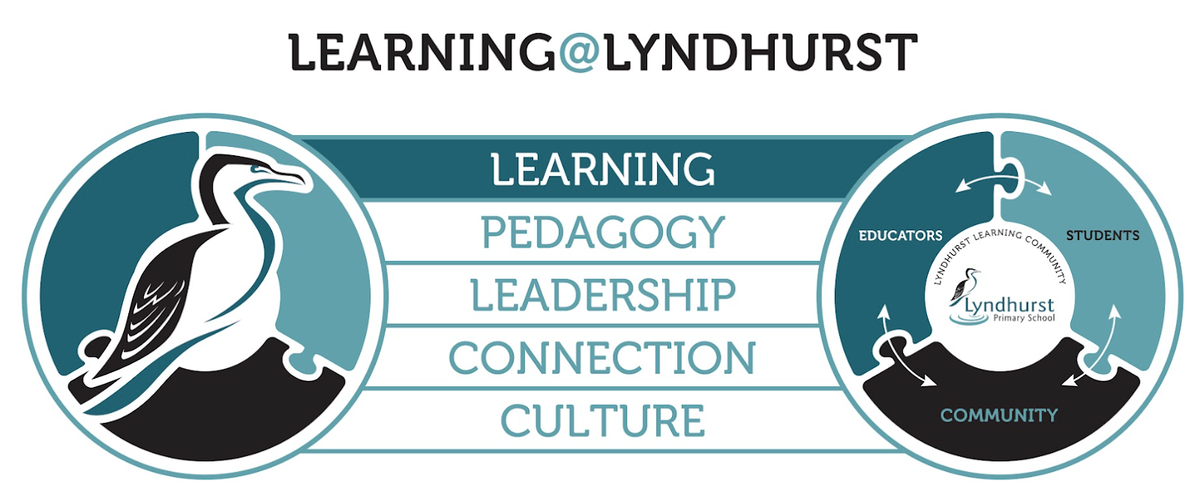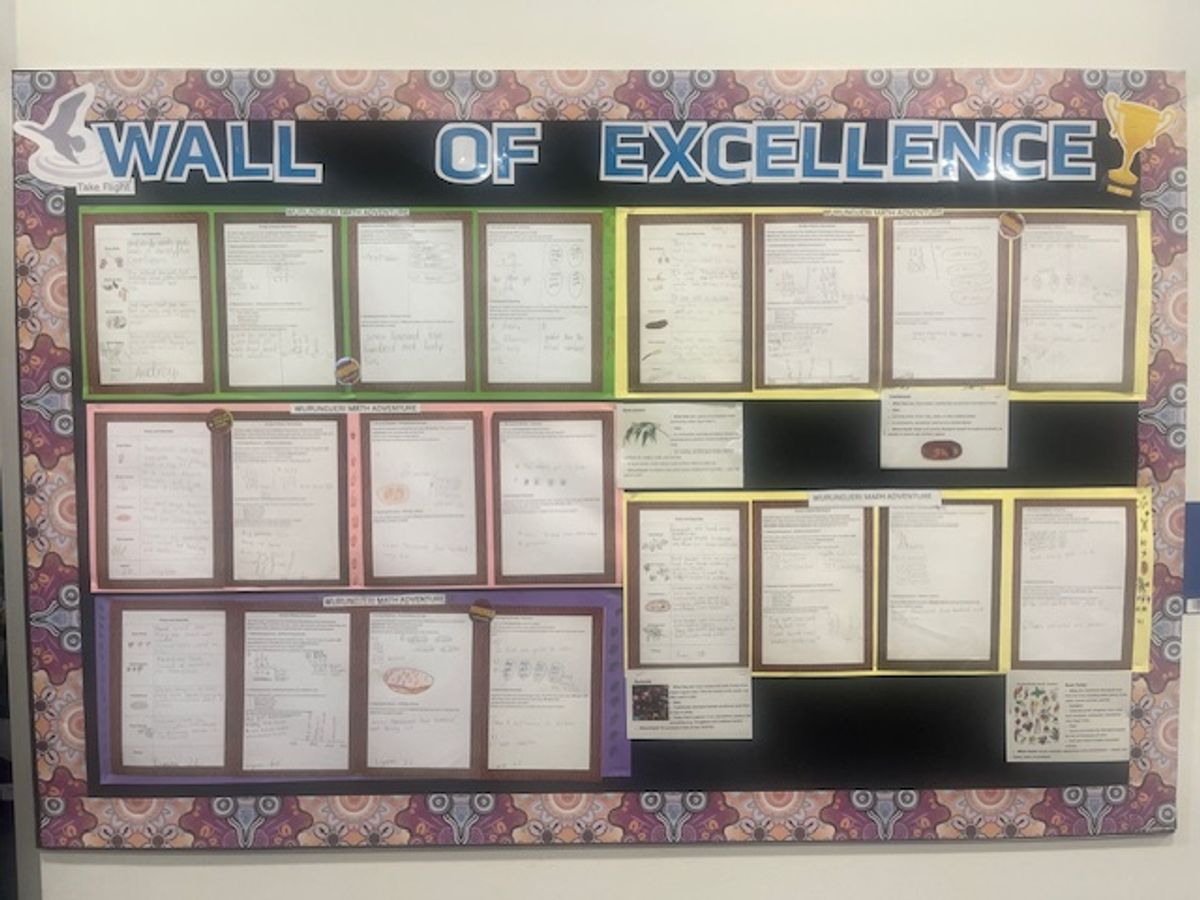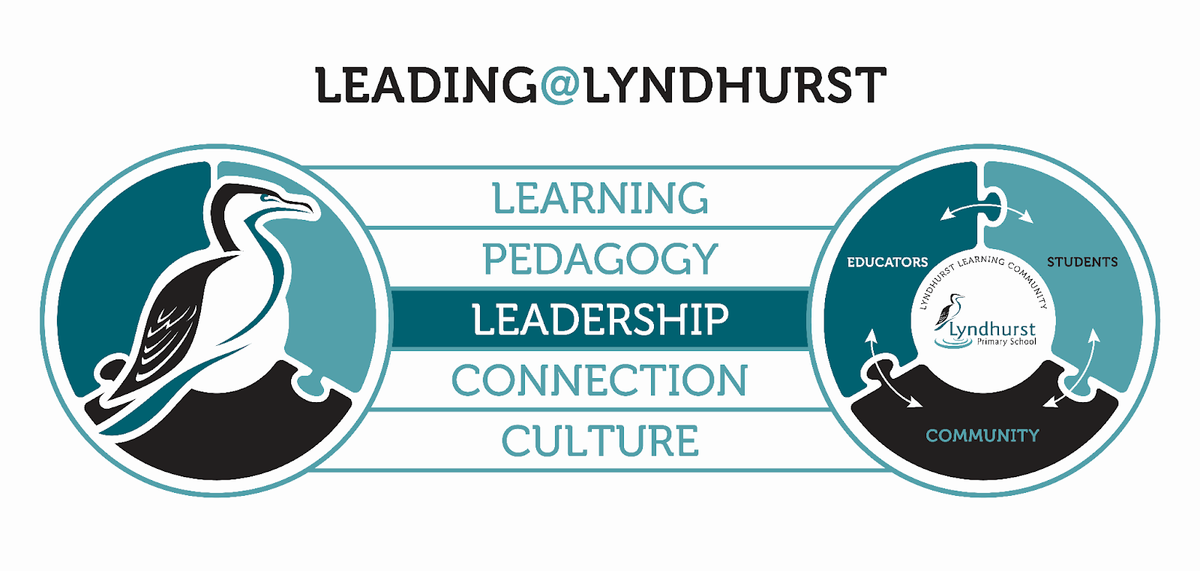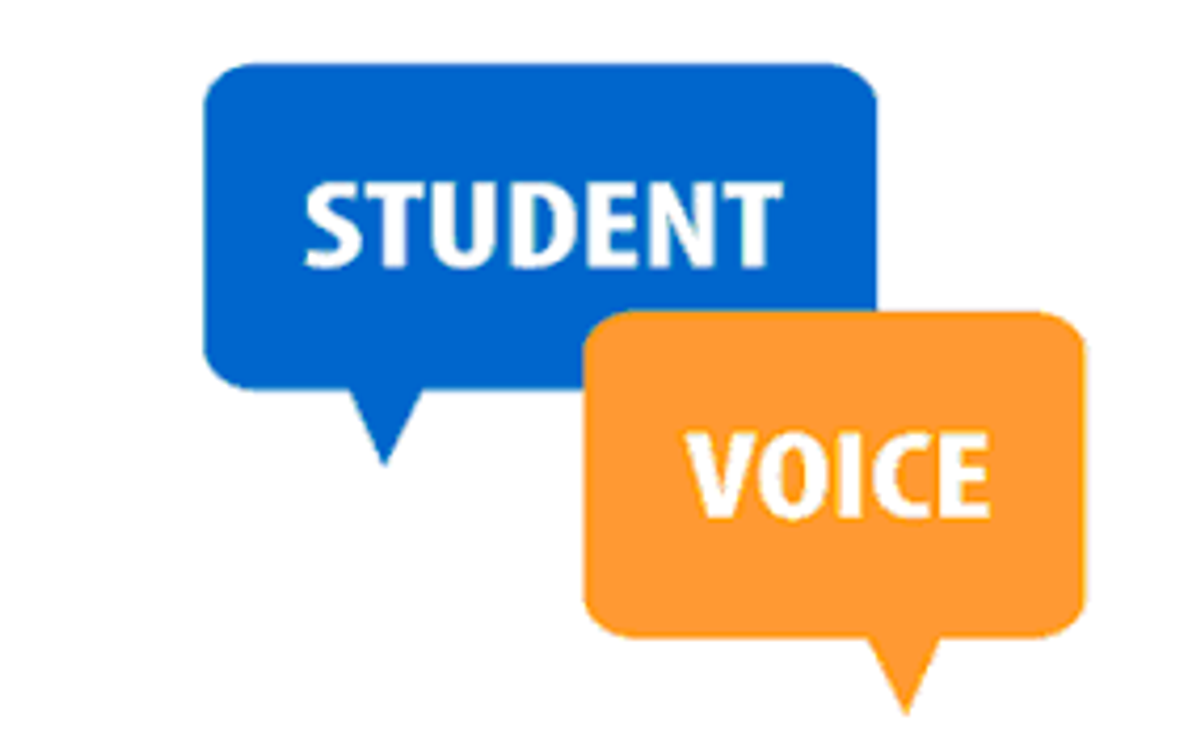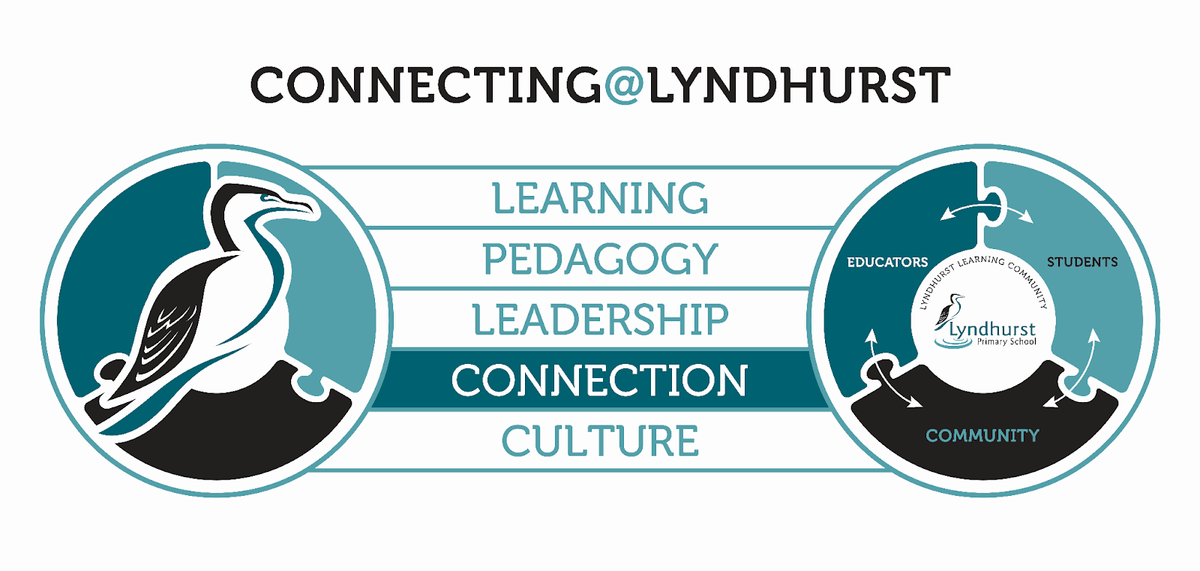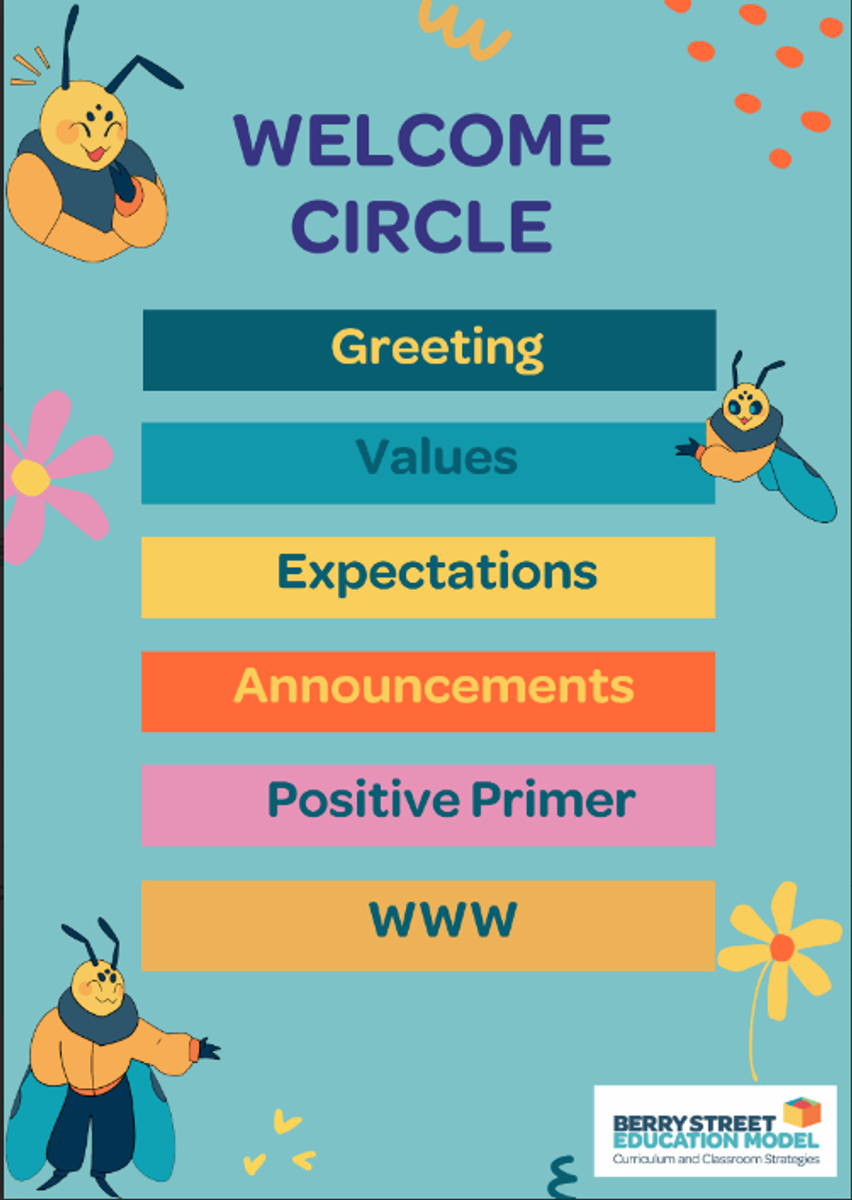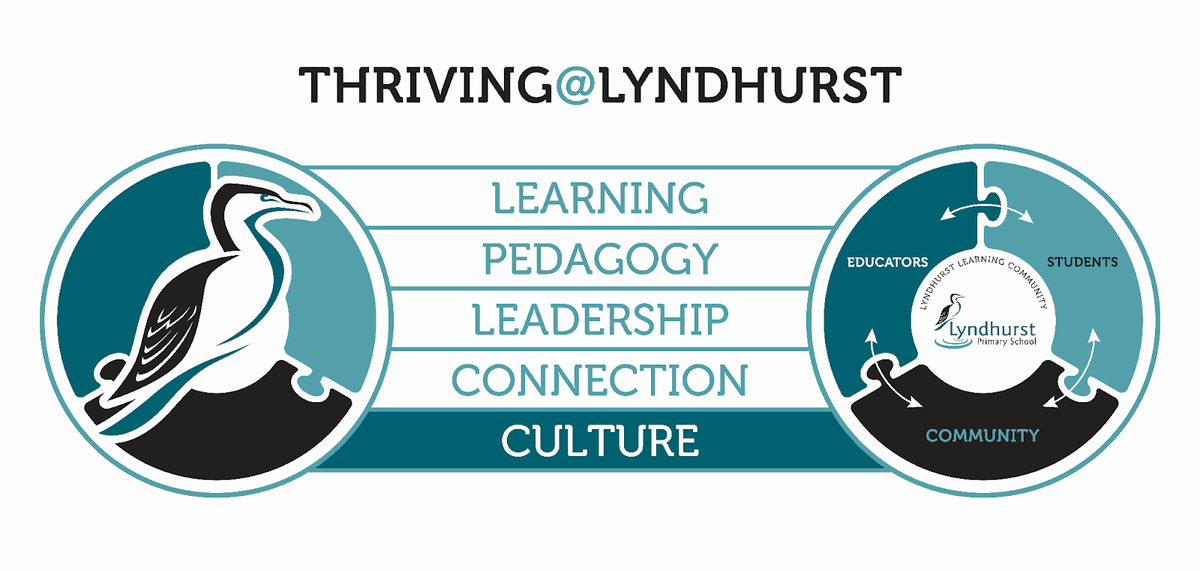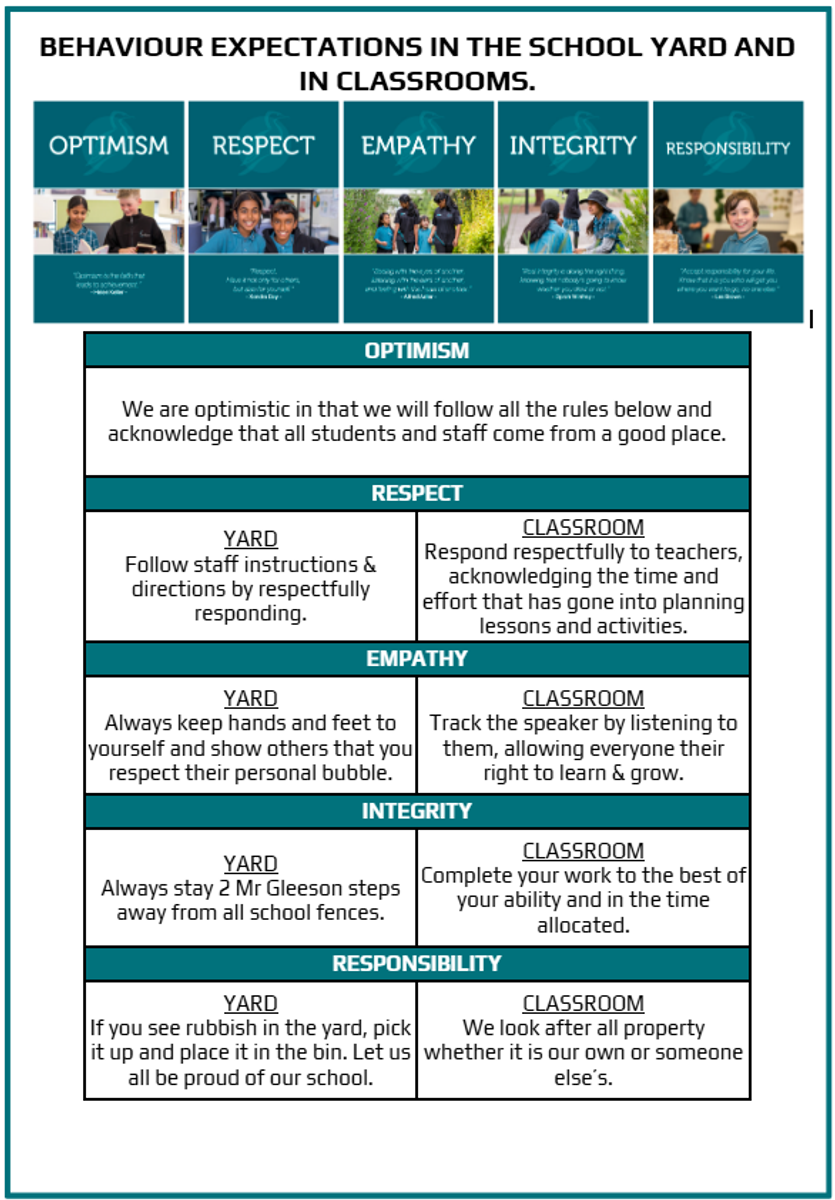Principal Class Report
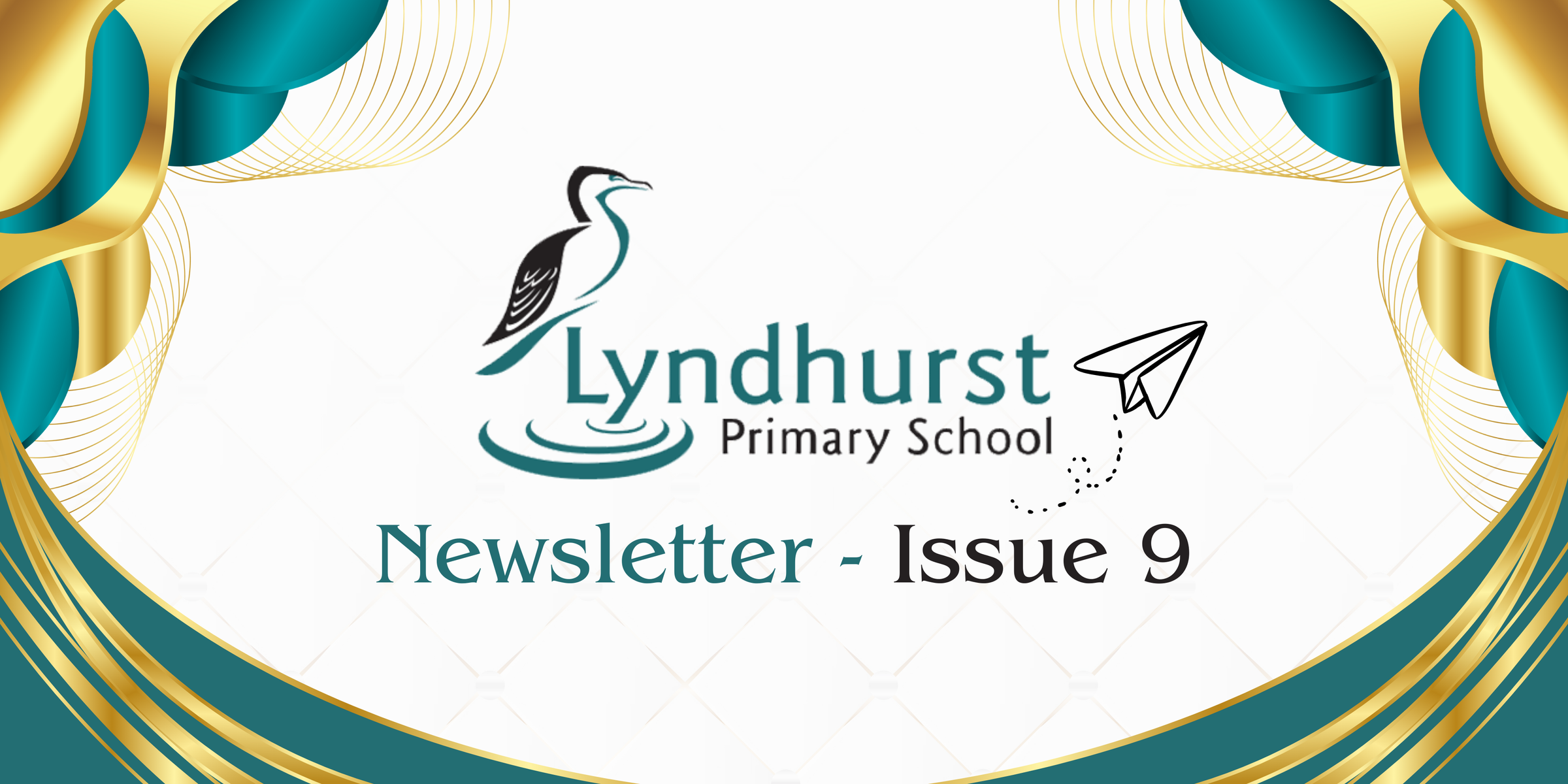
Regretfully, we bring to your attention some daily, continual, and repeated student behaviours in the school toilets.
Examples of reported incidences are:
- Incorrect use of the boys' urinal
- Incorrect use of the toilet seat vs the toilet seat ‘cover’
- Breakages of toilet seats from students standing on top
- Excessive use of toilet paper
- Excessive use of paper towels
- Turning on taps (when washing hands) and leaving them on
- Turning on taps (underneath drinking troughs) and leaving them on
- Turning on taps in the showers (in the gym bathrooms) and leaving them on
- Locking the toilet door, crawling underneath, and leaving the door locked (so other students cannot access)
- Graffiti including inappropriate words and pictures
We kindly ask for your support in reminding your child/ren about the importance of using school toilets respectfully and responsibly.
We would greatly appreciate your assistance in having these conversations at home, to help us maintain a safe and hygienic environment for all students.
We acknowledge that the vast majority of students are behaving appropriately in the school toilets.
Thank you for your ongoing support in promoting positive habits at school.
EXPO Week Showcasing Amazing Learning
This week and next week is Expo Week for our Year 3, 4, and 5’s. This is a chance for students to showcase their Inquiry learning within the learning areas and capabilities. Inquiry learning empowers students to pose questions, investigate problems, and construct deep understanding through exploration, collaboration, and reflection. It connects curriculum content with real-world contexts, encouraging critical and creative thinking, problem-solving, and the application of knowledge across disciplines. By engaging with the Victorian Curriculum learning areas and capabilities, inquiry learning fosters student voice and agency, develops transferable skills, and supports learners to become adaptable, informed, and active citizens. I encourage family and friends to visit the students' displays and presentations. This is the Lyndhurst way of sharing our learning with the community.
The Wall of Excellence
“The Wurundjeri Math Adventure” project took the Grade 2 students on a journey through the lands of the Wurundjeri people, the Traditional Custodians of the Kulin Nation in Victoria.
Students engaged in mathematical challenges inspired by daily life, traditions, and the natural environment. Through activities such as gathering bush plums, measuring berries in coolamons, mapping journeys across landmarks, sharing bush tucker and counting gum leaves used in weaving students strengthened their numeracy skills in areas like addition, subtraction, multiplication, division, fractions, and estimation. This encouraged students to see mathematics as a living part of culture and community showing how mathematics is connected to land, people, and traditions.
Work by: 2A- Summit M., 2B- Lara Grace B., 2C- Audrey P., 2D- Scarlett L., 2E- Liyana V.
Students leadership at School Council
At LPS, we are embarking on more regular student leader representation at School Council meetings. On Tuesday 9th September, some Year 6 student leaders presented their achievements and their aspiration goals. Such representation highlights the school’s core values of respect and responsibility.
Student leaders play an essential role in ensuring that such values are not just taught but actively lived within the school community. By providing a platform for students to voice their opinions and contribute to decision-making, the school fosters a culture of respect where each student’s perspective is valued and considered.
Such involvement also nurtures a sense of responsibility. Students who participate at school council learn to take ownership of their actions and ideas, becoming more proactive in their school community. They work collaboratively with staff, parents and peers, balancing their duties as students and leaders, which builds confidence and accountability.
Incorporating student voice into school governance not only enhances the school experience but also encourages students to develop leadership skills, fostering thoughtfulness and being engaged citizens in the future.
Daily Welcome Circle
- Berry Street Education Model in Action -
Our classrooms begin each day with a Welcome Circle. The purpose of a welcome circle is to build a positive, predictable and inclusive classroom community by fostering connection, setting expectations and preparing students for learning. Positive tones are set for the day and teachers have an opportunity to understand their students' readiness for learning and identify potential issues that might need support.
Welcome Circles are structured as below, and you might like to ask your child/ren to talk you through what happens in their classroom.
1. GREETING:
To commence, students stand in a circle shape and the circle routine begins with a greeting.
For example, students go around the circle and say good morning to each other by using each other’s names, maintaining good eye contact, and perhaps giving each other a handshake or fist bump.
2. VALUES:
The teacher states the school values. This statement of values connects students to the school community and fosters a sense of belonging.
3. EXPECTATIONS:
The teacher shares an expectation for positive behaviour for the day, such as setting the students the goal of raising their hand before they speak.
4. ANNOUNCEMENTS:
The teacher shares the class news and announcements, such as acknowledging any birthdays or reminders about any upcoming events.
5. POSITIVE PRIMER:
The next step is a positive primer game.
6. WHAT WENT WELL:
The circle routine finishes with a reflection on ‘what went well’ (www). Students share three things they did well during the morning circle.


